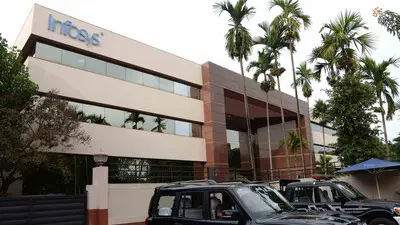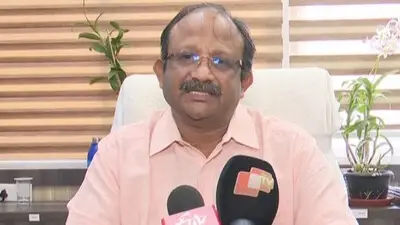Recommended Stories
New Delhi: With a view to promote digital transactions, the Reserve Bank of India (RBI) is working to reduce the Marginal Discount Charges (MDR) for debit card transactions above Rs 2,000, Parliament was told on Tuesday.
"The RBI is deciding on this... it is work in progress. I am sure as volumes (of digital transactions) are increasing, the charges will come down," the Finance Minister Arun Jaitley told the Rajya Sabha during the Question Hour.
Jaitley said that under the Payments and Settlements Act, the RBI has recently fixed the MDR rate at 0.25 per cent for cash transactions upto Rs 1,000, while for transactions upto Rs 2,000 it has been fixed at 0.50 per cent.
These charges have been introduced for the period from January 1, 2017, and will be applicable till March 31, 2017.
As per the RBI's rate structure announced in 2012, the MDR for transactions valued above Rs 2,000 has been capped 1 per cent.
In response to another question, Jaitley described how the crucial decision on demonetisation of Rs 1,000 and Rs 500 notes was taken by the Reserve Bank of India (RBI) board at a day's notice.
He said while the formal decision on demonetisation was taken by the RBI on November 8, this had been preceded by a series of discussions started in February 2016.
Last month, RBI Governor Urjit Patel told a Parliamentary Committee that the apex bank had been "advised" by the government on November 7 to hold a board meeting on the issue.
The demonetisation decision was announced by Prime Minister Narendra Modi on November 8 following a meeting of the RBI board and also of the Union Cabinet.
To a separate question on whether it was the RBI that took the decision on its own or whether the government advised it to do so, Jaitley replied: "The RBI board met and independently applied its mind and made a recommendation to the government."
"A formal proposal to the RBI to consider this matter in the Board is sent by the Finance Ministry to the RBI Board and RBI independently considers it, applies its mind and accordingly makes its recommendation to the government."













